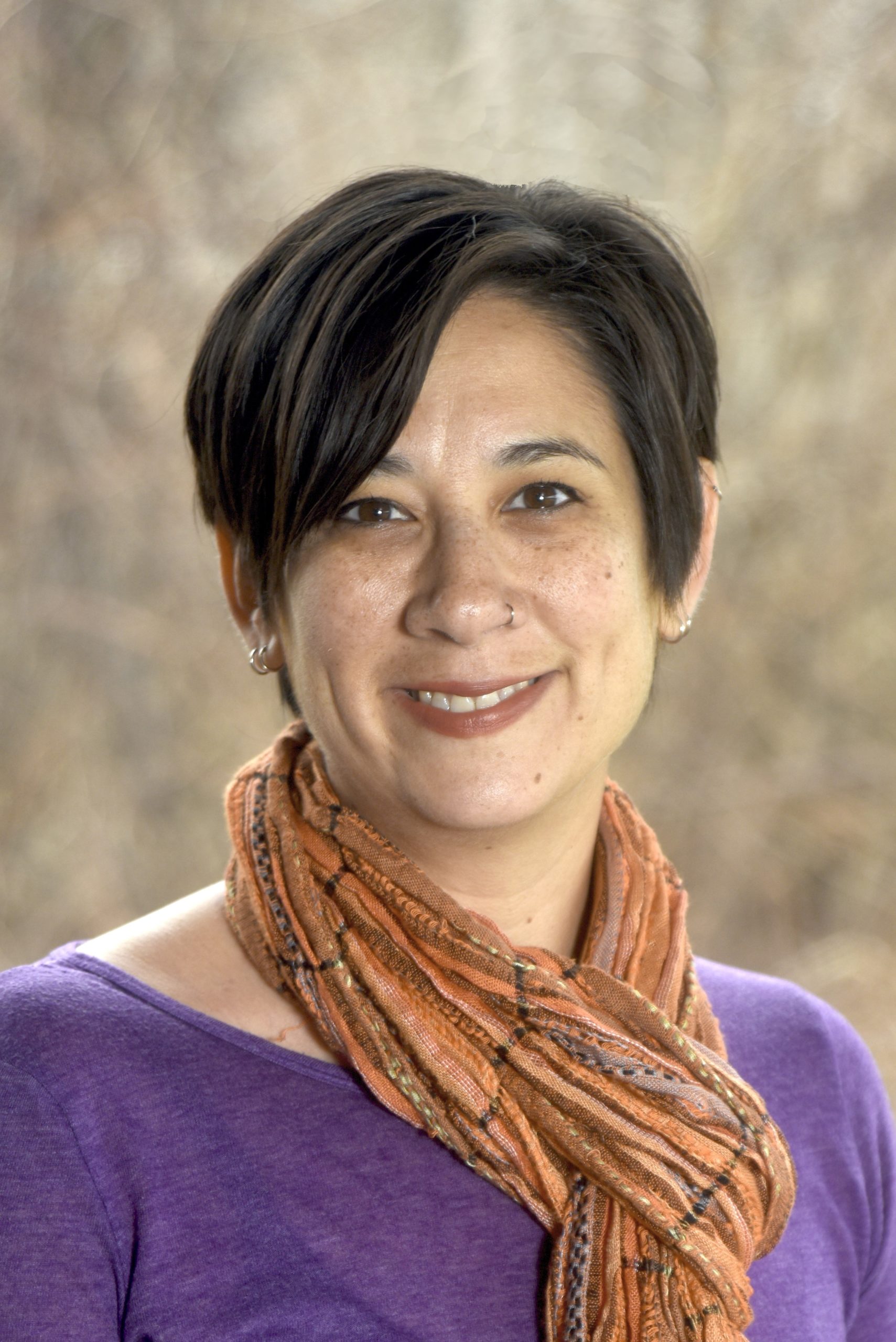 Jenny Castro is communications associate and coordinator of the Women in Leadership Project for Mennonite Church USA. This piece originally appeared in the May issue of The Mennonite for its Leadership column.
Jenny Castro is communications associate and coordinator of the Women in Leadership Project for Mennonite Church USA. This piece originally appeared in the May issue of The Mennonite for its Leadership column.
“Why are you so worked up?”
“Let’s not get so excited here.”
“Don’t get all emotional, now.”
“Her emotions are so unprofessional.”
These phrases are a sampling of reactions I’ve received at various points in my career — sometimes directly and sometimes in roundabout ways. I’ve thought and read a great deal about the role of emotions in professional settings, and my research has been discouraging. Many workplace cultures and traditional styles of leadership leave no space for healthy expressions of emotion. My own experience reflects the literature claiming that these dynamics tend to be split down gender lines — that emotional responses tend to make the men in the room feel uncomfortable. If a woman cries, that’s perceived as a sign of weakness or lack of self-control, and as a result she is taken less seriously. If a woman reveals anger or assertiveness, she’s written off as the stereotypical angry woman (responses are even worse if she’s a person of color).
What if we considered the cultural messages we perpetuate through these norms?
Why do emotions tend to make men uncomfortable? What does this reveal about what it means to be a man in our culture?
Why do we associate crying with weakness? Is a woman who cries less intelligent or articulate?
Why are anger and assertiveness appropriate for a man to show and not a woman? Have you ever told a woman to calm down when she was expressing anger? Or accused a woman of being too “bossy”?
We have lots of room to grow when it comes to understanding emotions and what we believe they reveal about us. We must be mindful of how these understandings are connected with our beliefs about masculinity and femininity. We have a tendency in our culture to value logic and reason—traditionally more masculine traits — over feeling and emotion — traditionally more feminine traits.
This value system — patriarchy — feeds into ingrained systems of oppression, such as racism and sexism, and devalues both women and men who don’t conform to traditional masculine and feminine norms.
How do we break out from these cultural expectations? Can we welcome those whose way of being is different from ours? Can we feel free to be who we are, bringing authenticity to our relationships and interactions — whether we cry or laugh out loud or show some holy anger every now and again?
God created each of us — “fearfully and wonderfully” (Psalm 139:14). Each of us is a unique artistic expression of a creative God who desires that we be who we were created to be — embracing our gifts, celebrating our growth and living in healthy balance and relationship with each other.
I’m a firm believer in being who I am, showing up and offering what I’ve got. I’m grateful when I encounter others with the courage and the vulnerability to live and work in this manner also.
In her book “Daring Greatly,” bestselling author and shame and vulnerability researcher Brené Brown defines vulnerability as “uncertainty, risk and emotional exposure.” Taken at face value, vulnerability is terrifying. So terrifying, in fact, one might wonder who would actually wish it for anyone.
Yet personal experience has shown me that the risk is worth putting myself out there and revealing who I am and what I’m passionate about because the results are deeper relationship, connection, energizing collaboration, challenge, growth and so much more.
Brown says, “Vulnerability is the birthplace of innovation, creativity and change.” As we take chances and risk an authentic, messy, more whole way of being, we begin to shift the culture of our environment—creating space for more authentic interaction.
I’m not saying it’ll all be roses. On the contrary, this kind of living and working and being is probably more time consuming, less clearcut, and requires incredible energy. But imagine an environment where there’s grace for mistakes, where we believe in one another, where we set clear boundaries and ask for what we need, where we love generously and offer compassion while calling each other into wholeness. It’s an environment where we’re actively working out our faith together as authentic and imperfect people.
What would it look like for someone to respond to expressions of emotion with grace, support and a listening ear?
Maybe something along these lines:
“Gosh, that sounds awful. I’d be angry, too.”
“I really appreciate your honesty about this.”
“Tell me more about it. I’m not sure I understand, but I want to.”

